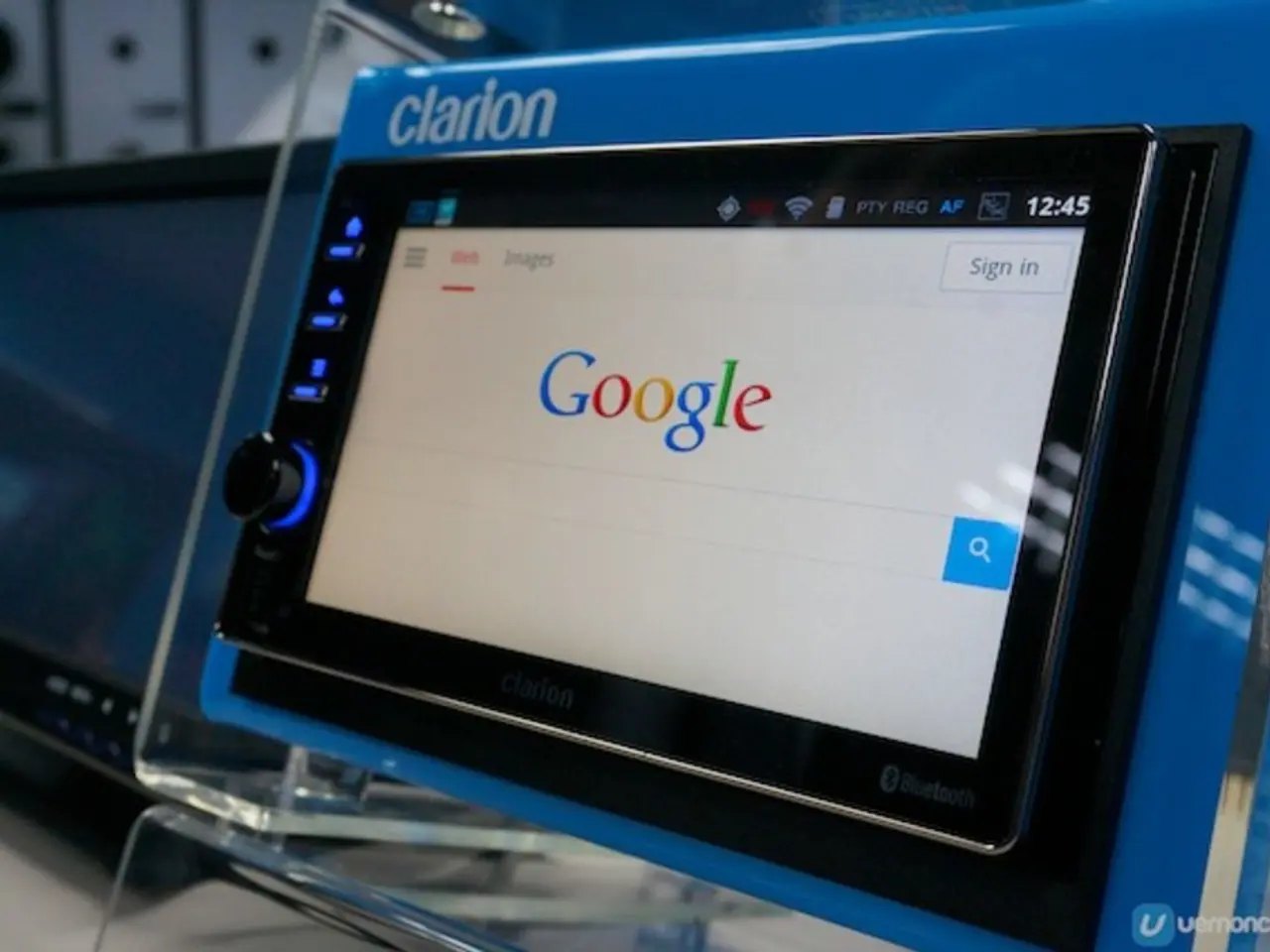Loosening the Grip: Trump's AI Chip Policy Overhaul
Source reports Trump intends to repeal restrictions on AI chip imports.
In a significant move for the tech industry, President Donald Trump’s administration plans to roll back previous AI chip export regulations, originally implemented under President Joe Biden, as part of a broader initiative to ease semiconductor trade restrictions. This shift has sparked optimism among industry leaders, as the original regulations were criticized for their complexity and potential repression of innovation[1][2].
The Biden Plan's Downfall
The Biden-era rule, popularly known as the "AI diffusion rule," created a three-tier system for regulating the export of advanced AI chips, with each tier carrying varying restrictions. The U.S. would designate countries like China to the third tier, facing complete restrictions on acquiring this technology[1]. However, this decision faced fierce opposition from tech companies and foreign governments, as it imposed limitations on American tech firms' global market reach, potentially, allowing nations of concern like China to gain a competitive edge[2].
The Light at the End of the Tunnel for American Innovation
A Brighter Export Future
American tech companies may see increased global market opportunities following the repeal of the rule, which could strengthen their competitive position and facilitate the sale of more products, fostering innovation and development[1][2].
Chipmakers' Rise
This move is likely to benefit chipmakers, such as Nvidia, by lifting restrictions on which countries can purchase their products and in what quantities. Such changes could lead to heightened revenue and investment in research and development[2].
A Double-Edged Sword
Security Fears
Critics argue that reducing export controls might expose American technology to potential backdoors or misuse by countries of concern, compromising efforts to protect intellectual property and security interests[2].
Lingering Uncertainty
The administration’s proposal to issue new guidelines in the coming months leaves stakeholders without immediate clarity about future regulations, potentially leading to confusion and hindering long-term planning[2].
In conclusion, the repeal of the Biden AI chip regulations is expected to carry a mixed impact, providing increased export opportunities while raising concerns about security and intellectual property protection.
[1] Enrichment Data 1
[2] Enrichment Data 2
- Preparations are being made by Nvidia and other tech companies in the industry, as they anticipate increased global market opportunities following the repeal of the Biden AI chip regulations.
- The rollback of these regulations may lead to a significant boost in revenue for companies like Nvidia, as it removes restrictions on their exports to certain countries, possibly increasing their investments in artificial-intelligence technology.
- The unbelievably significant move by the Trump's administration to ease semiconductor trade restrictions, which includes the preparation to rescind the AI diffusion rule, raises concerns about potential backdoors and misuse of technology by nations of concern, potentially compromising national security and intellectual property protection.








